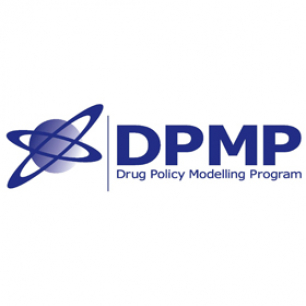Rationale
DPMP involves various levels of integration:
• across law enforcement, treatment, harm reduction and prevention, as both approaches and sectors;
• across global, national, state and local scales;
• between research, policy and other practice; and
• across an array of disciplinary and epistemological research approaches.
Although the need for integration to better deal with complex problems, like illicit drug use, is now widely recognised and discussed, formalised processes for achieving this have been slow to develop.
A unique aspect of DPMP is its close link with the new cross-cutting specialisation of Integration and Implementation Sciences. The specialisation draws from a range of disciplines, such as political science, systems thinking, complexity science, participatory methods, management, and information science, and aims to help make better-founded decisions on complex social problems by applying integrative methods to:
• tackling problems systemically;
• deepening understanding of problems based on all the relevant disciplines and interests;
• applying knowledge management strategies to cope with both information overload and diverse epistemologies; and
• applying understanding of how action occurs, in other words how policy is made, how business operates, how activism succeeds; as well as how action can be influenced by evidence.
Thus the new specialisation provides theory, methods and skills to facilitate comprehensive examination of issues and problems, as well as effective mobilisation to action. Integration and Implementation Sciences also seeks to incorporate the effective use of research-based knowledge to help bring about change.
Specifically, Integration and Implementation Sciences is developing theory and methods for:
1. Comprehensive scoping of problems and issues.
2. Application of appropriate integrative concepts and methods.
3. Involvement of the strengths of different research epistemologies.
4. Attention to emergent properties, i.e. to identifying and understanding properties that disappear when a system is studied in disaggregated segments.
5. Understanding of policy, product development and action and how these can be influenced by research.
6. Application of knowledge management concepts and tools.
7. Development and application of expanded ways of taking uncertainty into account.
8. Managing the inevitability of less than perfect outcomes.
9. Application of concepts and methods from change management and innovation, including developing new roles such as boundary spanners and knowledge brokers to apply research to changed practice.
10. Development and application of collaborative processes.
DPMP has built on the insights gained as Integration and Implementation Sciences have developed. This has allowed some of the best leading edge ideas and methods developed in other areas to be introduced to the illicit drugs field.


